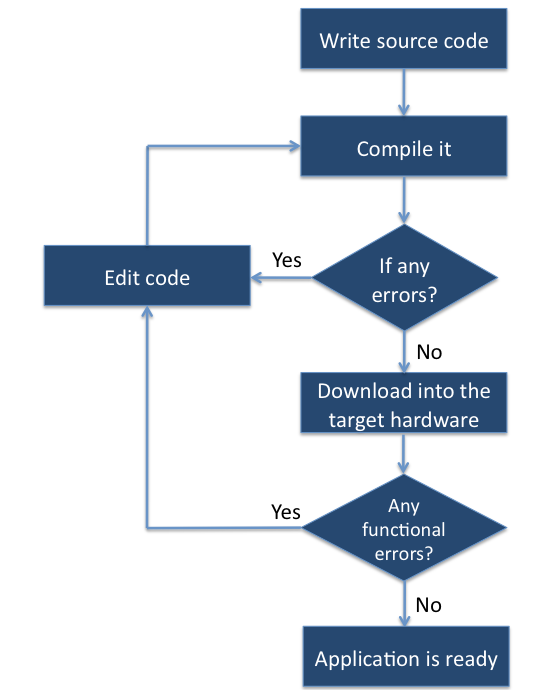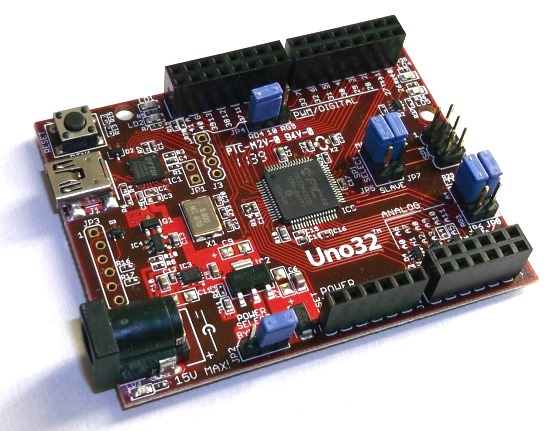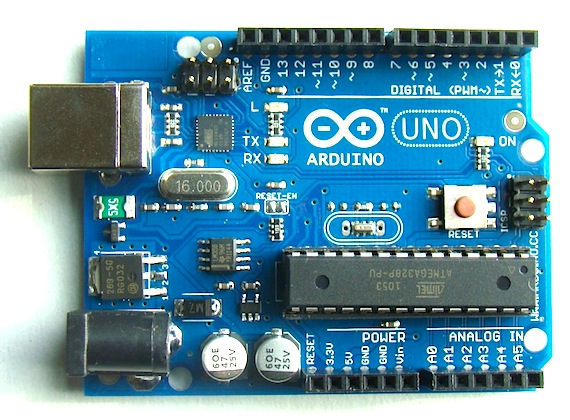Getting acquainted with the chipKIT programming tool

The overall process of designing a microcontroller-based system is divided into two parts: designing the hardware of the system, and writing the control software for it. Before the design cycle begins, it is important to have good knowledge of the tools available for the chosen development platform. While we already explored the hardware features of the chipKIT UNO32 board in Exploring the chipKIT Uno32 board, it’s time to look at the software development process. The flowchart below gives an overview of how an application program is developed for the chipKIT board.
Read more
